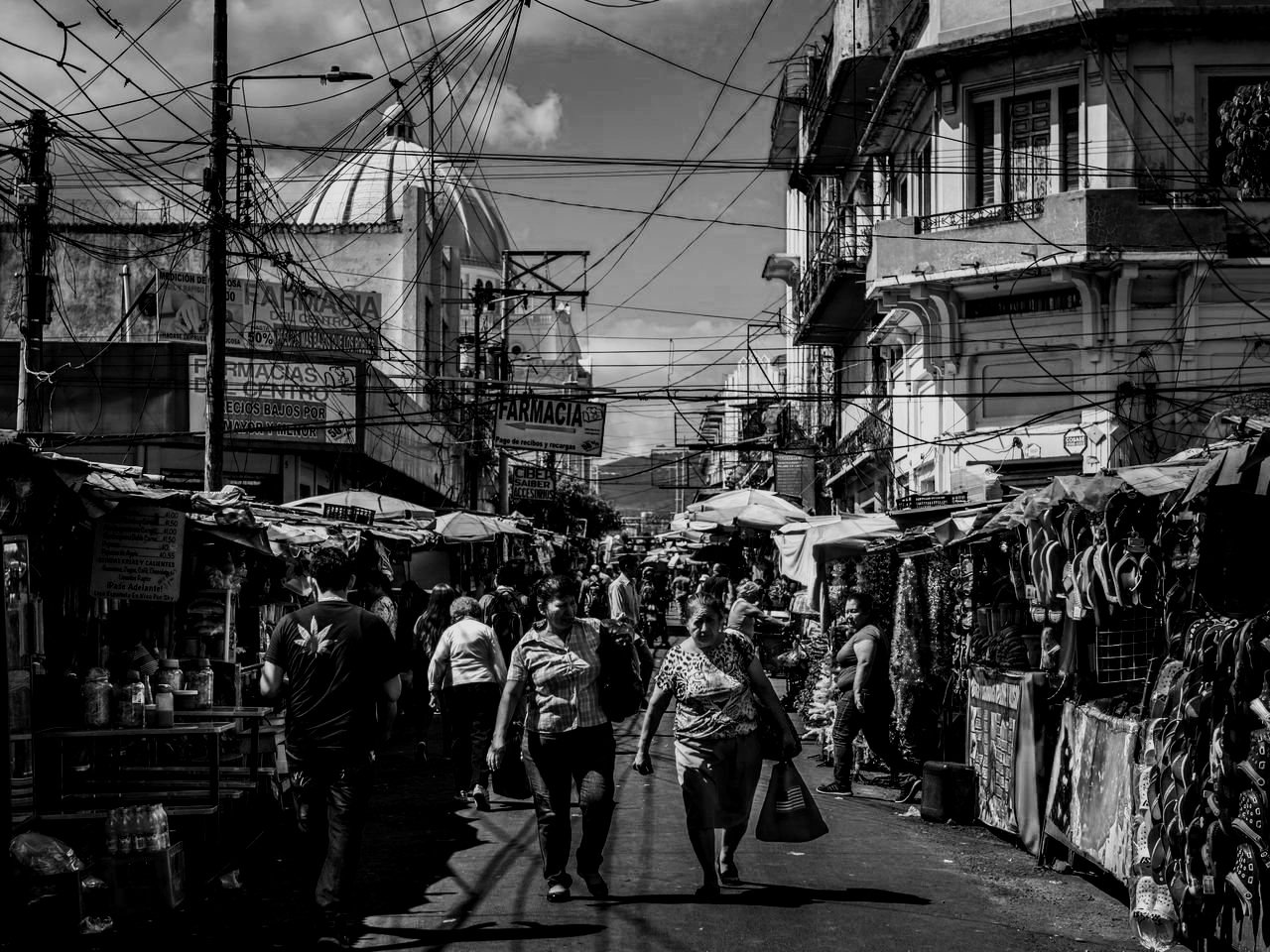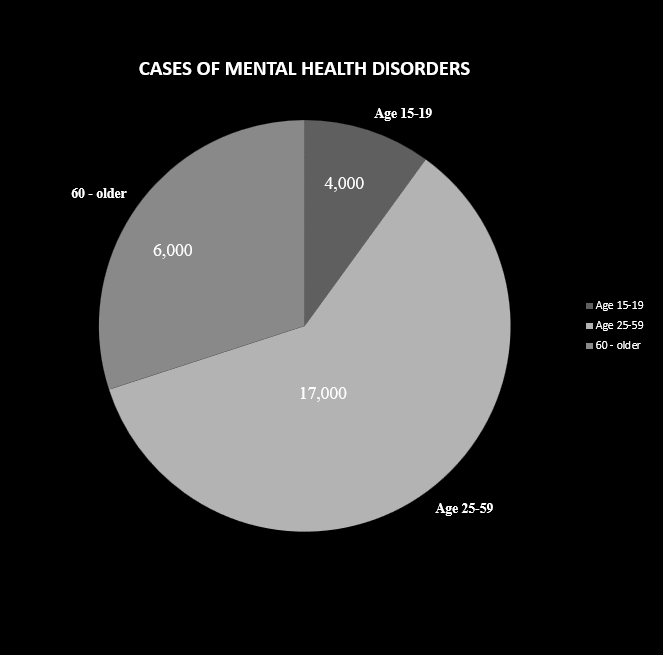
Cycles of Violence - Generational trauma
Take no part in the unfruitful works of darkness,
but instead expose them.
Ephesians 5:11
Generational Trauma
Generational Trauma: is a term introduced to describe years of generational struggle in families and communities. It is the transmission (or passing down to future generations) of a historical event’s oppressive or painful effects.
Generational Trauma
Many Generations are badly affected by the transfer of historical trauma, leading to generations of emotional detachment, protective practices around emotional expression, denial, and can even result in violence.
Those who have or develop mental illnesses face stigmatization by their community largely due to misunderstanding and disconnect between tradition and culture.
Everyone is subject to generational trauma; however certain groups are more sensitive than others owing to their history. If the trauma or abuse is still occurring, it’s critical to break the cycle, which may need a lot of encouragement and support.
The Civil War
In El Salvador, the root of all trauma began with the Salvadoran civil war. The war lasted from October 15, 1979, to January 16, 1992, and was fought between the military-led government of El Salvador and the Farabundo Marti National Liberation Front. This war claimed the lives of approximately 75,000 Salvadorans.



